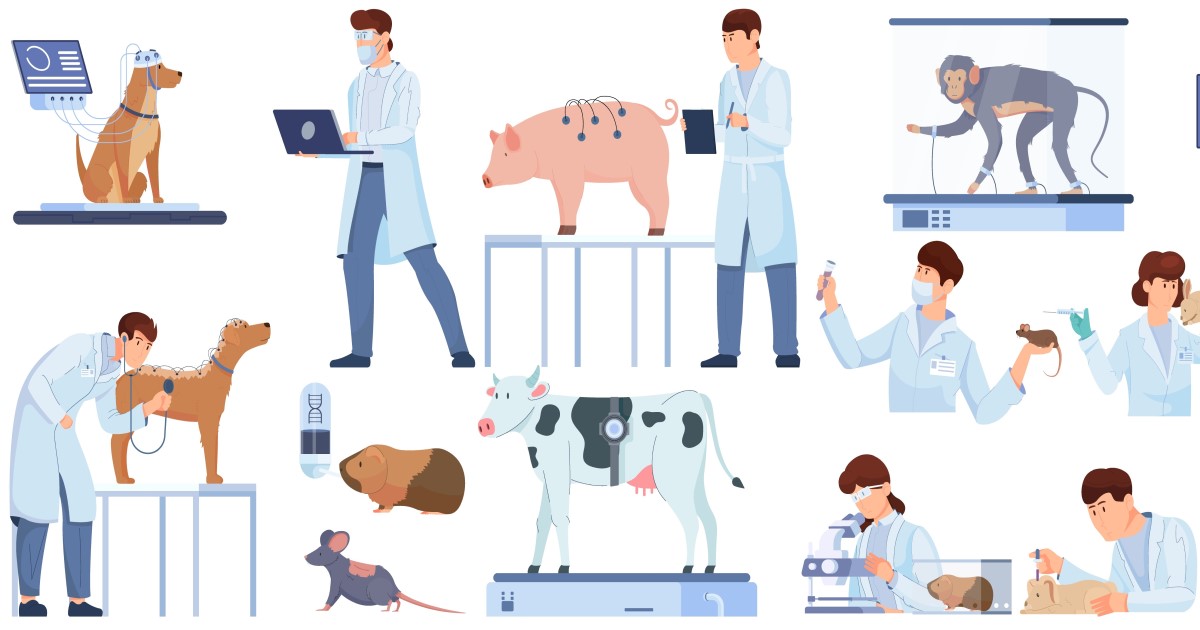- 2.3Impact Factor
- 3.5CiteScore
- 22 daysTime to First Decision
AI, Deep Learning and Machine Learning in Veterinary Clinical Applications
Special Issue Information
Dear Colleagues,
We are pleased to invite you to contribute to this Special Issue, titled “Artificial Intelligence, Machine Learning and Deep Learning in Veterinary Clinical Applications”. The integration of AI-driven technologies in veterinary medicine represents a rapidly evolving frontier with the potential to revolutionize animal healthcare. As veterinary professionals face increasingly complex diagnostic and therapeutic challenges, artificial intelligence, including machine learning and deep learning, offers powerful tools to enhance clinical decision-making, improve diagnostic accuracy, and personalize treatment strategies. This research area is of growing importance as it bridges veterinary science, data science, and computational medicine. This Special Issue aims to compile high-quality contributions focused on the application of AI, ML, and DL in clinical veterinary contexts. Topics covered should align with the journal’s focus on innovation and technological advancement in animal health, diagnostics, and disease management. This Special Issue is aligned with the journal’s scope and seeks to foster cross-disciplinary collaborations between veterinarians, computer scientists, and bioengineers. Both original research articles and review papers are welcome. We look forward to receiving your valuable contributions and advancing this exciting and impactful field together.
Dr. Liana Fericean
Dr. Mohamed Abdo
Dr. Ahmed Abdeen
Guest Editors
Manuscript Submission Information
Manuscripts should be submitted online at www.mdpi.com by registering and logging in to this website. Once you are registered, click here to go to the submission form. Manuscripts can be submitted until the deadline. All submissions that pass pre-check are peer-reviewed. Accepted papers will be published continuously in the journal (as soon as accepted) and will be listed together on the special issue website. Research articles, review articles as well as short communications are invited. For planned papers, a title and short abstract (about 250 words) can be sent to the Editorial Office for assessment.
Submitted manuscripts should not have been published previously, nor be under consideration for publication elsewhere (except conference proceedings papers). All manuscripts are thoroughly refereed through a single-blind peer-review process. A guide for authors and other relevant information for submission of manuscripts is available on the Instructions for Authors page. Veterinary Sciences is an international peer-reviewed open access monthly journal published by MDPI.
Please visit the Instructions for Authors page before submitting a manuscript. The Article Processing Charge (APC) for publication in this open access journal is 2100 CHF (Swiss Francs). Submitted papers should be well formatted and use good English. Authors may use MDPI's English editing service prior to publication or during author revisions.
Keywords
- artificial intelligence (AI)
- deep learning (DL)
- veterinary diagnostics
- disease prediction
- medical imaging
- animal health monitoring
- clinical applications

Benefits of Publishing in a Special Issue
- Ease of navigation: Grouping papers by topic helps scholars navigate broad scope journals more efficiently.
- Greater discoverability: Special Issues support the reach and impact of scientific research. Articles in Special Issues are more discoverable and cited more frequently.
- Expansion of research network: Special Issues facilitate connections among authors, fostering scientific collaborations.
- External promotion: Articles in Special Issues are often promoted through the journal's social media, increasing their visibility.
- e-Book format: Special Issues with more than 10 articles can be published as dedicated e-books, ensuring wide and rapid dissemination.

